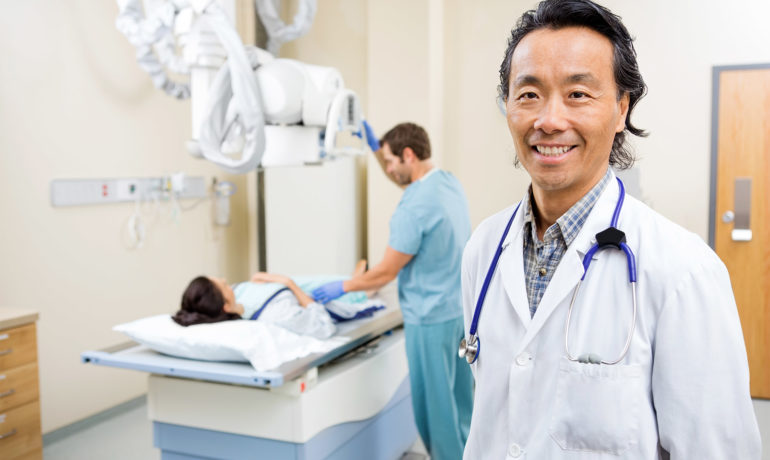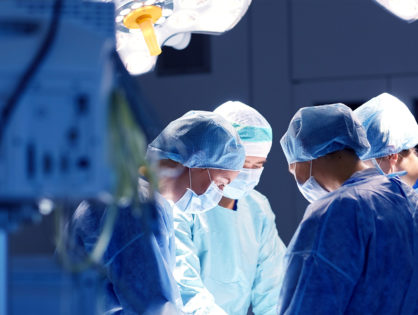“There are, as I endlessly repeat, essentially four ways to die: sudden death; the long, slow death of dementia; the up and down death of organ failure, where it’s hard to identify the final going down, tempting doctors to go on treating too long; and death from cancer, where you may bang along for a long time but go down usually in weeks. Suicide, assisted or otherwise, is a fifth, but I’m leaving that on one side for now.” – Dr. Richard Smith.
We can help a cancer friend with our kind behavior and good treatment, here are some recommended ways to greet our friends with cancer.
1. Say “I don’t know what to say” — A cancer diagnosis can paralyze the lines of communication between friends. Some people freeze up and don’t say anything at all, while others dwell on finding the “perfect” words. If you’re at a loss for words, say so. If you have a lot to say but don’t know where to start, say that, too. Honesty rules. I’ve never felt offended by someone who doesn’t know what to say, but I’ve felt hurt by those who don’t call or write at all. Don’t let the perfect be the enemy of the good.2. Be an equal opportunity listener — Cancer is a gloomy subject — there’s no pretending otherwise. While your instinct can be to immediately steer the conversation toward the cheerful, it’s vital for a cancer patient to feel comfortable venting feelings of fear, sadness, anger, loss, and isolation. One of the most important things you can do as a friend is to make it clear that you are willing to listen to both the good and the bad.3. Assess the specifics — Cancer patients are often too tired or too polite to respond to the broad question of “How can I help?” Take the lead and ask specific questions. Without being pushy, you’ll find areas where you can step in: Who is going to look after them during the day? Can they prepare their own meals? What about transportation? Are there other people close to the person with cancer who also need support?4. Do what you do best — Do what comes from the heart and follow through. Please remember that the patient doesn’t expect you to compose a song if you don’t play an instrument. Lending a hand is easier when you play your strengths. If you love to cook, drop off a homemade dish; if you’re an artist, make something to hang on the hospital room wall; and if you’re an organizer, offer to gather research or to take notes during medical appointments.5. Take care of yourself — You hear it a lot: Caregivers must take good care of themselves, too. No matter how upset or stressed out you are about your friend’s illness, it is critical to be selfish about your own health. Nutrition is important, especially because bad “comfort foods” beckon in times of stress. Regular exercise, even walking, is crucial for the body as well as the mind: Some of the best thinking happens when your body is in motion. Perhaps most important of all is getting enough sleep. Love does, in fact, have boundaries. You must take care of yourself to be the best ally to your friend.6. “No need to write me back” — Since my diagnosis, I’ve been showered with the warmth of letters, emails and cards of support. These messages, filled with love and positive energy, are my daily reminders that I’m not alone in this struggle. But finding the energy to write back can feel like a herculean task. You may be able to dissolve any potential stress for the patient by reminding him or her that there’s no need to respond or write a thank-you note.7. Distraction is a godsend — While you should be careful joking about cancer (everybody’s sensitivity differs), some juicy gossip, a funny joke, or a good movie can go a long way in lifting someone’s spirits. Humor may feel out of place next to IV bags and bedpans, but it can be an essential counterweight to the gravity and absurdity of cancer. Don’t feel like you can’t be the bearer of good news. Bring magazines, music, stories and sunshine.



